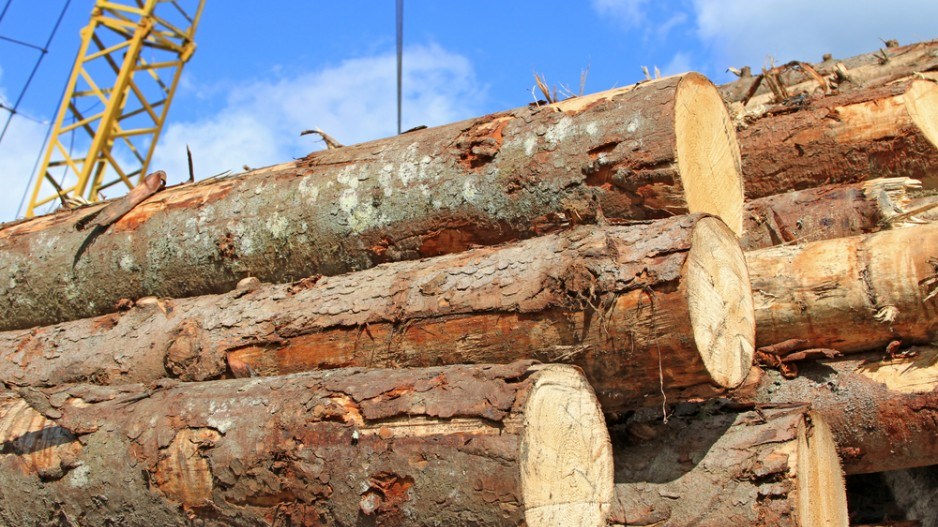An export quota policy that would allow log producers to export a fixed number of logs, as opposed to either an outright ban or an open policy of unlimited free trade, would be the best policy for British Columbia log exports, argues a Fraser Institute study released June 24.
“An outright ban on log exports from B.C., as advocated by many union leaders, environmentalists and politicians, would likely cause economic damage, particularly to B.C.’s coastal regions where the majority of B.C. log exports originate,” said study author and Fraser Institute senior fellow Joel Wood.
Wood told Business in Vancouver that currently, log exports are technically banned under B.C. legislation, with the government granting exemptions to this. The process is inefficient, the study argues. A log must first be harvested and offered to domestic buyers on the Vancouver Log Market in order to obtain a permit. Then the government must determine if the log is surplus to domestic needs; if it is, then it can be exported.
“The current log export process prevents log owners from securing long-term contracts with foreign buyers to shelter from price volatility, prevents log owners from sorting logs per customer request, and imposes time delays that increase log handling costs and ties up capital,” the study states.
By limiting the export of B.C. logs, domestic supply is increased, driving down domestic prices. Exporting logs allows access to markets that will pay considerably more; for example, in 2011, logs sold in the domestic market for $74.28 per cubic metre, compared with $108.35 for exports.
The most effective policy, argues Wood, would involve streamlining the approval process in the short term and then using the potential removal of log export restrictions as leverage in future trade negotiations with Japan and China to major buyers of B.C. logs in the long term.




